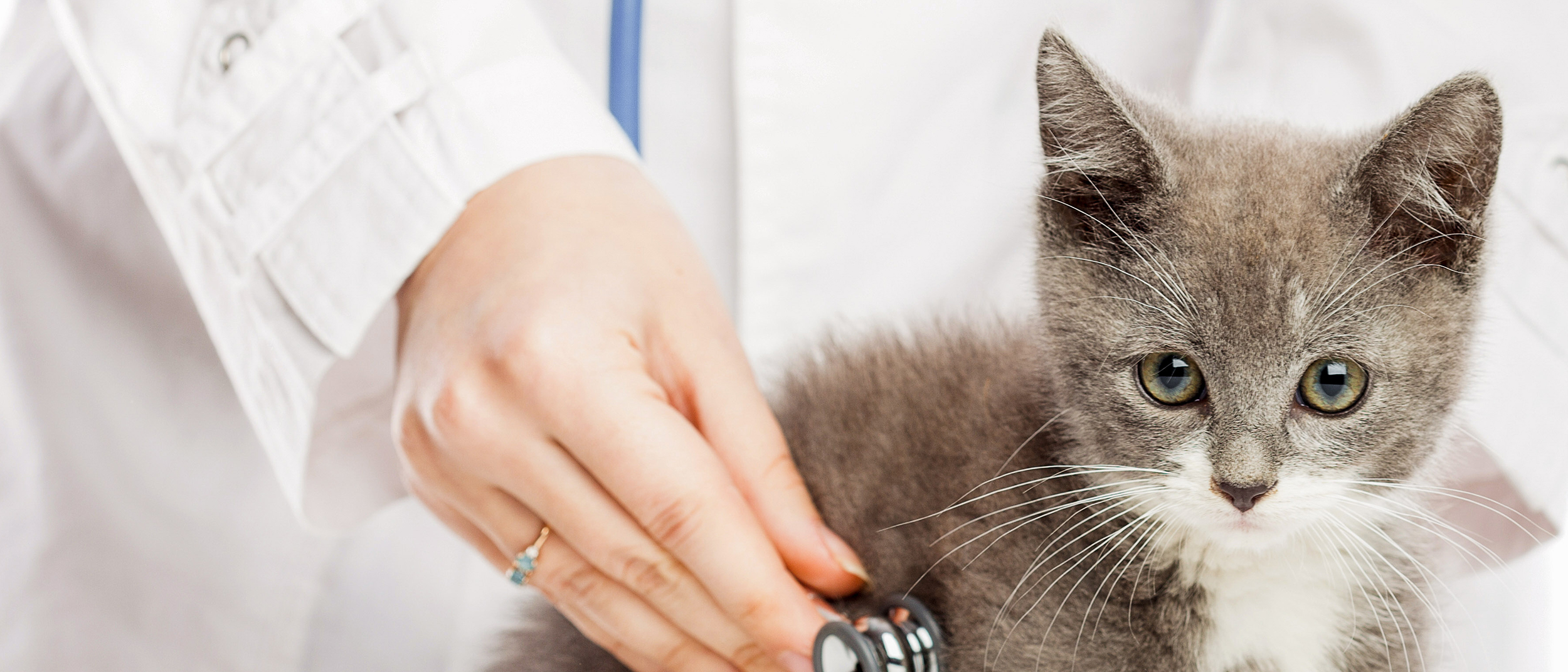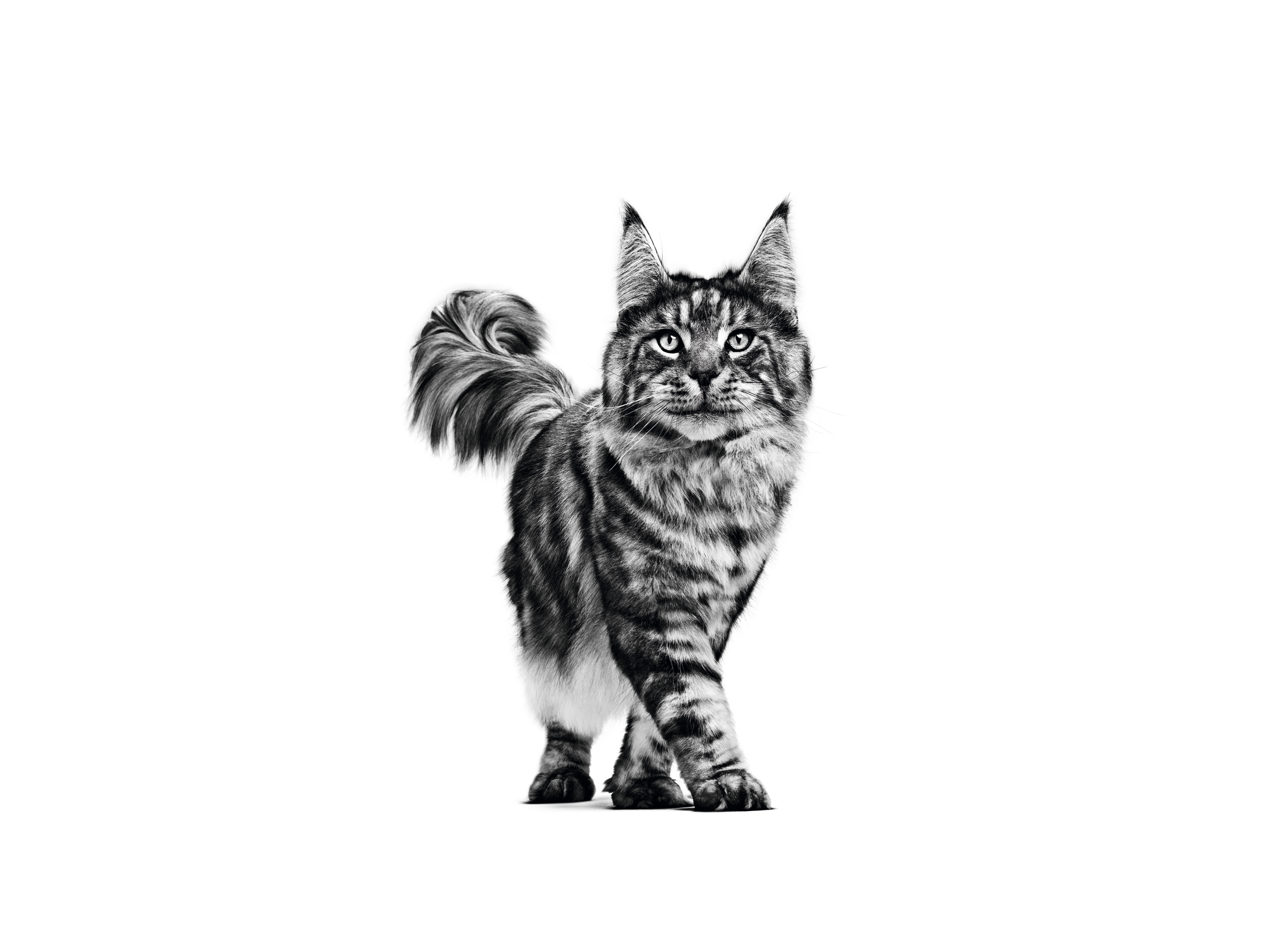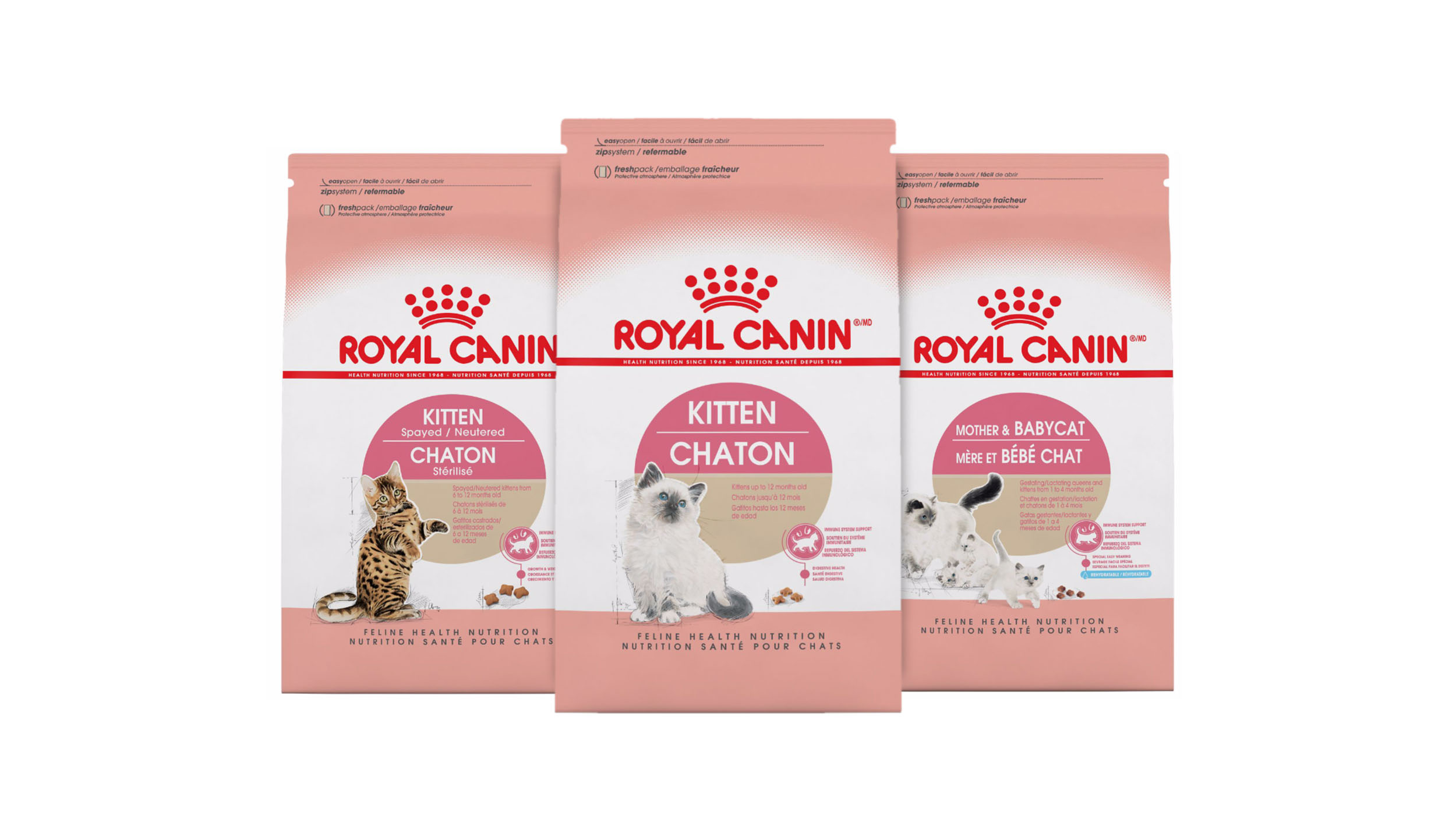Мачја леукемија

Шта је мачја леукемија?
Мачја леукемија (FeLV) је ретровирус који припада истој групи вируса као и HIV, међутим, не може да зарази људе.
У данашње време то оно много ређе код мачака него некада, са мање од 1% заражених здравих мачака. Разлог томе је широко распрострањена и ефикасна вакцинација мачића и мачака од 1990-их.
Шта се дешава ако моја мачка или маче оболе од мачје леукемије?
Мачја леукемија потискује имуни систем и узрокује полагану инфекцију, чинећи заражену мачку веома рањивом на друге болести, укључујући:
- Рак
- Запаљење различитих телесних органа
- Репродуктивне проблеме
Код мачића то може проузроковати споро и постепено погоршање, што ће ако се не лечи довести до смрти.
Како се шири мачја леукемија?
Преноси се између мачака пљувачком када се дотерују, деле посуде са храном и када су генерално близу једна другој. Такође може бити пренета другим телесним излучевинама, крвљу и млеком.
То је вирус који се може сакрити унутар ћелија у телу мачета или мачке – термин за то је латентност. Вирус умеће своју ДНК у мачју ДНК, с тим да вирус може да се пробуди и изазове болест дуго након почетне инфекције.
Колико дуго може трајати мачја леукемија код мачака?
Ток мачје леукемије обично траје до три године, иако ће у многим случајевима мачка угинути пре тог времена.
Да ли је могуће вакцинисати против мачје леукемије?
Срећом, доступна је вакцинација која помаже у спречавању упорних инфекција и фаталних болести.
Вакцина против мачје леукемије једна је од основних вакцинација, што значи да је обавезна за све мачке и мачиће. Требало би да разговарате са ветеринаром како бисте успоставили одговарајући програм вакцинације за своје маче.
Када је најбоље време за вакцинисање мачета?
Идеално доба да ваше маче прими прву вакцину је са осам недеља, након чега следи друга три до пет недеља касније. Ово ће бити за основне вакцине које штите маче од најчешћих и болести високог ризика. Оне укључују следеће:
- Мачји грип – и мачји вирус херпеса (fHV) и мачји калицивирус (FCV)
- Мачји парвовирус (FPV)
- Вирус мачје леукемије (FeLV)
Ваш ветеринар ће вам такође дати савет о било којим другим препорученим вакцинама за ваше маче, у зависности од његовог начина живота, посебно да ли ће излазити напоље или не и да ли ће бити у контакту са другим мачкама.
Да ли је за вакцину за мачју леукемију потребна ревакцина?
Да, као и код осталих основних вакцинација, ветеринар ће дати прву инјекцију бустера против мачје леукемије између 12. и 16. недеље старости.
Чим ваше маче наврши годину дана, биће му потребан прва годишња ревакцина, коју ће добијати сваке године. Важно је да се обратите локалном ветеринару ако су вам потребне додатне информације или савет стручњака.
Related Articles

Пронађите ветеринара
Ако имате било каквих недоумица у вези са здрављем своје мачке, потражите стручни савет ветеринара.

Прилагођена исхрана за ваше маче
Нутритивне формуле које помажу у изградњи природне одбране мачета, које подржавају здрав раст и помажу у развоју система за варење.
Лајкуј и подели страницу